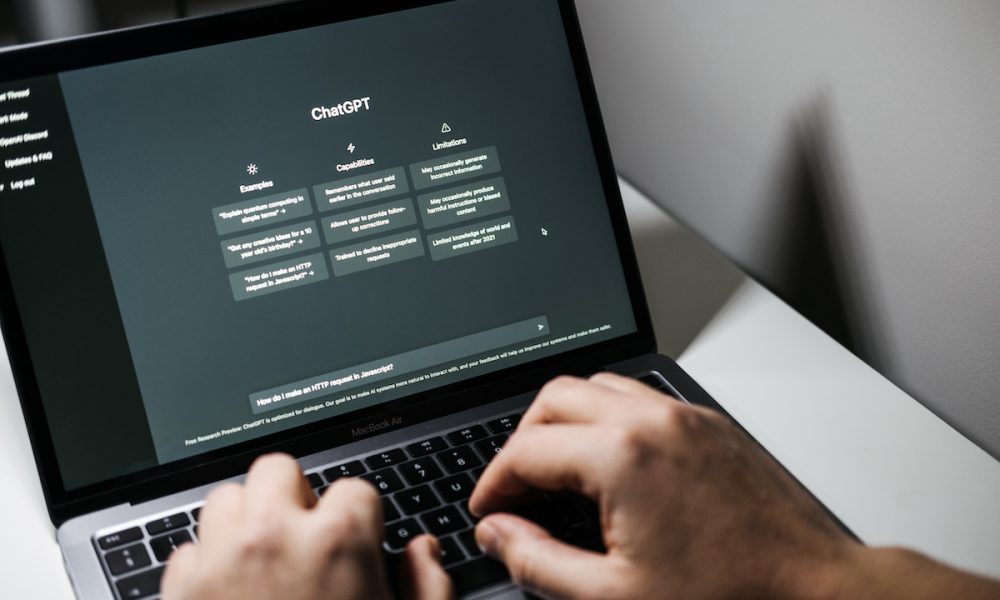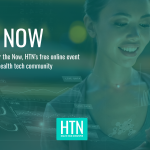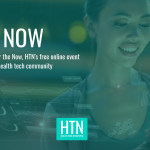
A new Northwestern Medicine study tested a specially designed ChatGPT to see if it could successfully provide answers to patients’ common questions about radiation oncology.
Those behind the research say that patients may be too overwhelmed to address all their concerns during a clinical visit or forget what the physician told them.
The study showed ChatGPT’s responses to 115 common radiation oncology patient questions was on par or exceeded answers from professional societies in terms of accuracy, completeness and conciseness in a majority of cases.
“The goal of this project is to empower patients,” said first author Dr. Amulya Yalamanchili, a Northwestern Medicine radiation oncology resident.
“This is a really technical field that can be hard to understand. All this information can be overwhelming to patients. If they have cancer in a sensitive area, they may not feel comfortable asking what their life will look like long term. The hope is patients can educate themselves with ChatGPT before and after they see a physician.”
The AI may also reduce clinician workload and potentially reduce burnout, Yalamanchili said, as the incidence of newly diagnosed cancer cases climbs and the demands on provider time continue to increase.
More than 60 per cent of cancer patients — 500,000 per year — require some form of radiation oncology treatment, according to the National Cancer Institute.
While ChatGPT performed well overall, several responses were concerning, the scientists said.
One was that it used language at a college reading level, which is more complex than professional society websites. The others were that it omitted details about a specialised technology for brain tumours and failed to mention the tiny tattoos sometimes used to position the patient for radiation treatments.
The concerns are being addressed by the Northwestern scientists, who stress that this technology needs ongoing refinement and training in specialised medical domains.
“The study highlights the potential of AI-driven technologies, such as ChatGPT, to provide accurate and comprehensive responses to patient queries in the field of radiation oncology, but we need to make these AI chatbot responses easier for people to understand,” said corresponding author Peng (Troy) Teo, an instructor of radiation oncology at Northwestern University Feinberg School of Medicine.
“These AI chatbots could serve as valuable tools for assisting health care providers in answering patient questions, particularly in contexts where access to expert advice may be limited.”
Next, Northwestern scientists are developing and testing an in-house app using Generative AI to answer patient questions about radiation oncology treatment.
“We’re exploring how these advanced AI chat systems can do more than just deliver quick, accurate and personalised information about radiation oncology treatment,” said Dr. Bharat Mittal, chair of radiation oncology at Feinberg and a co-author of the paper.
“We’re also examining how they can be integrated into daily routines of patient care, ensuring care is more efficient and precise.”





